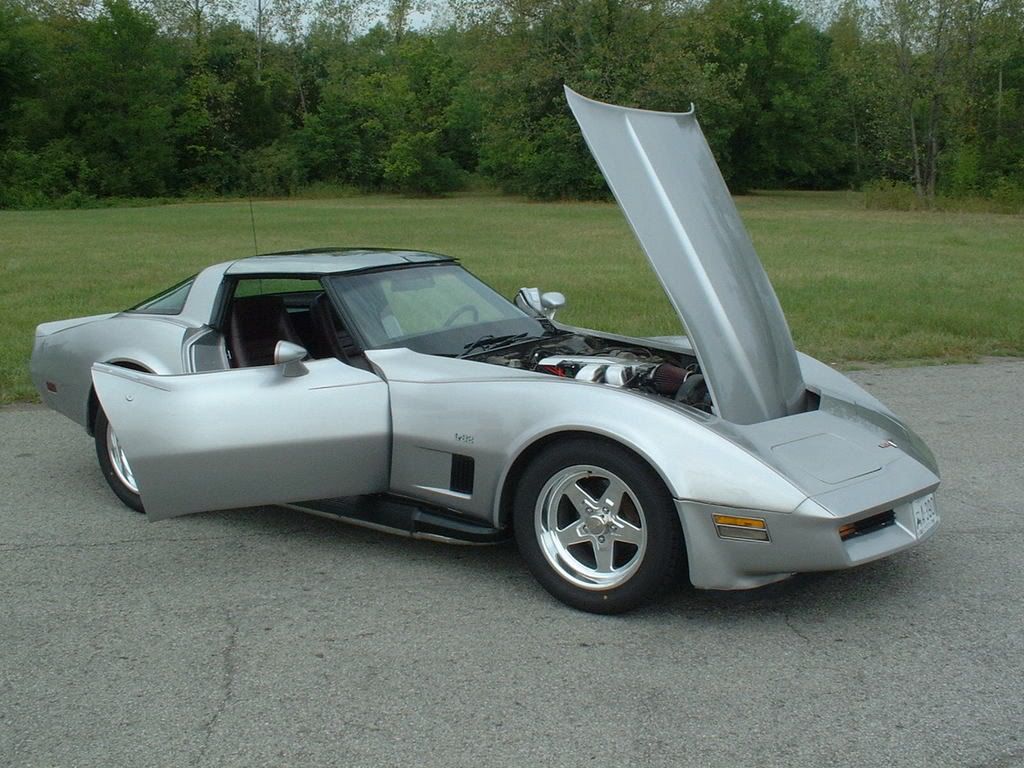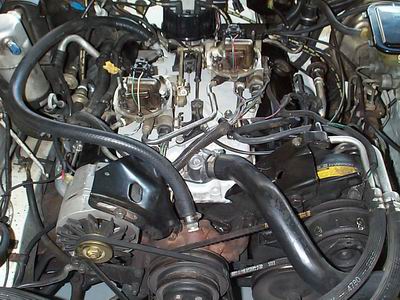THORIN
Well-known member
I was in a thread about getting better millage. Someone said they installed a TPI (tuned port injection) someone an EFI (electrnic fuel injection). I didn't want to steal the thread so here goes with a seperate one. What is the difference between the two and if I were to put one or the other on my 76 with a 350 220 hp engine, which one would be more likely to increase my gas milage? Just to clarify millage isn't the only reason I want to get rid of the carburator. I have tried to look up the answer in other places; but I need a simple easy to understand explanation. Thanks.













